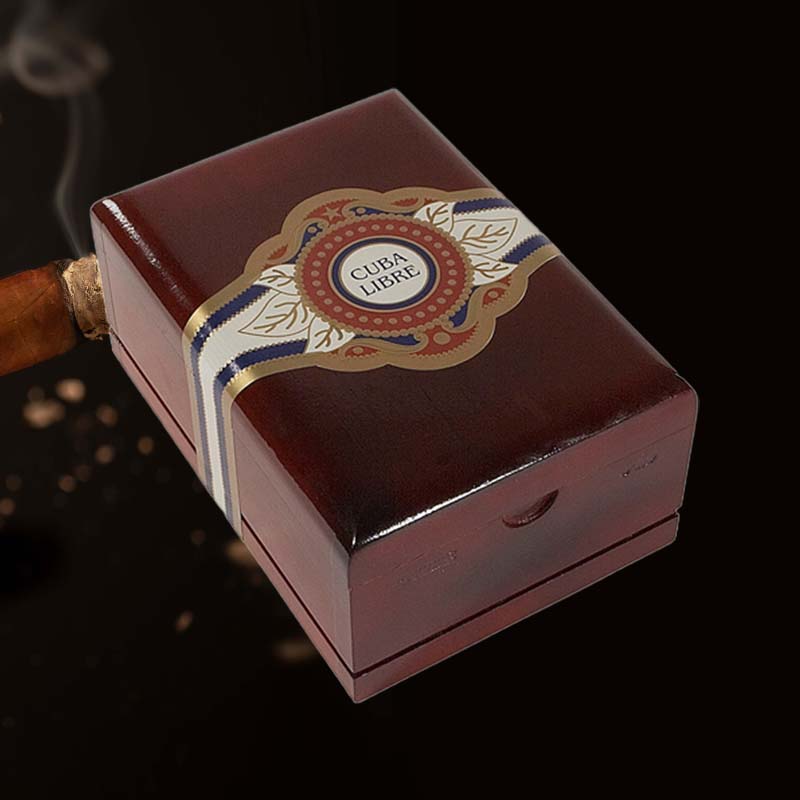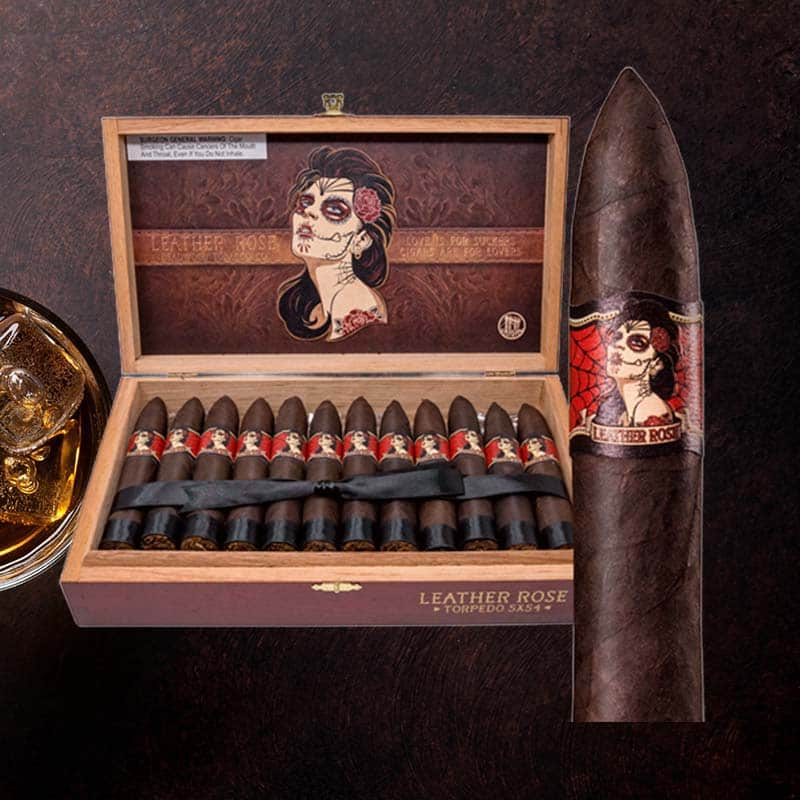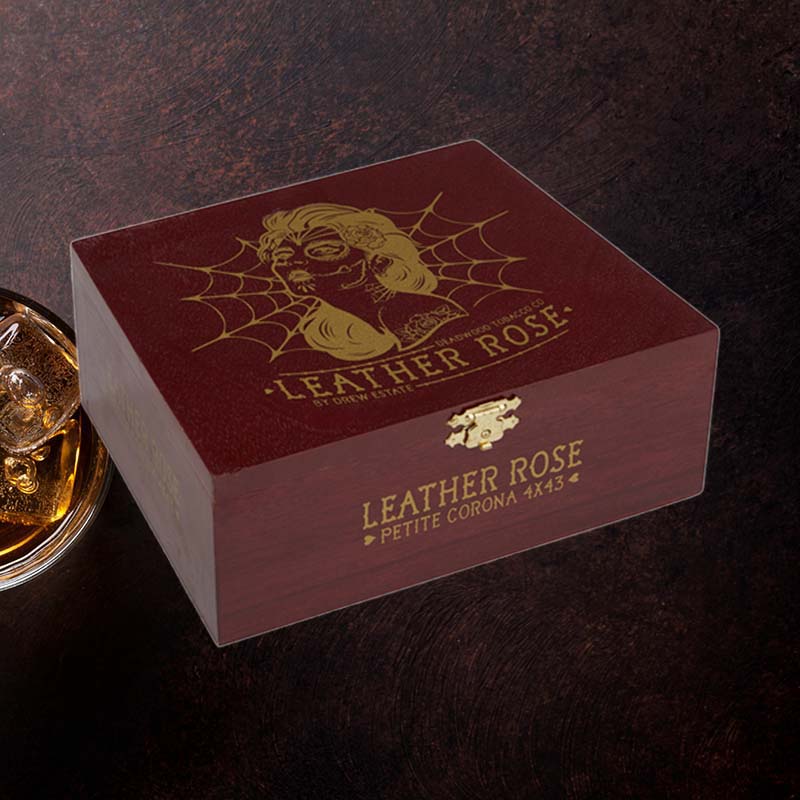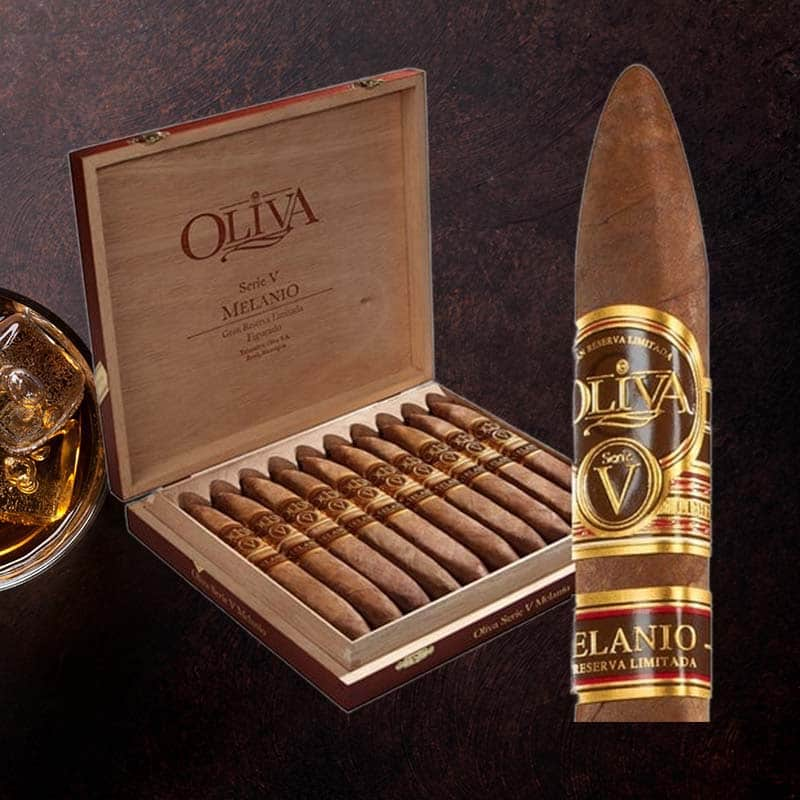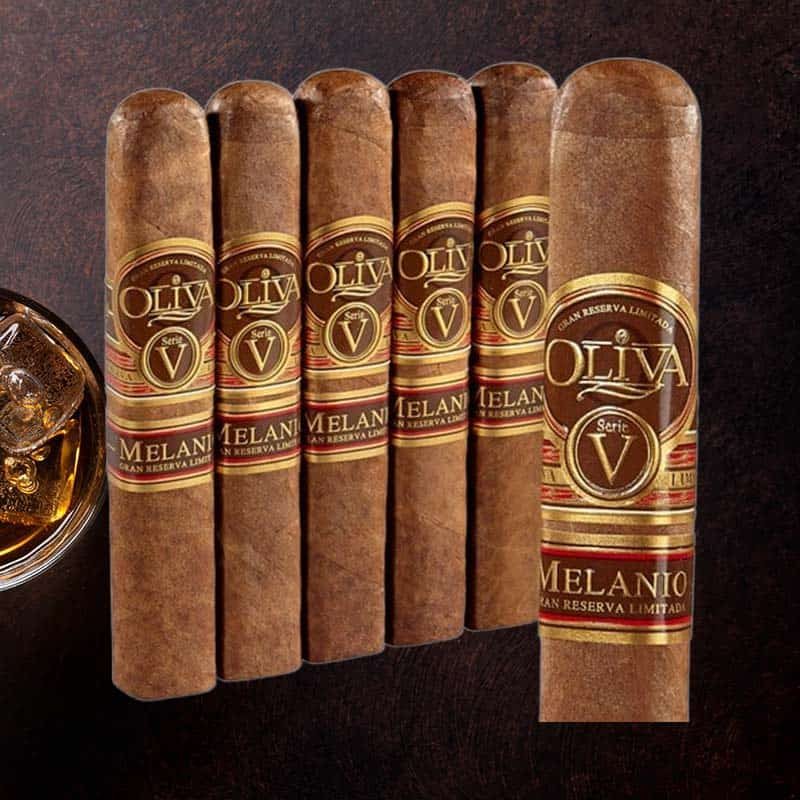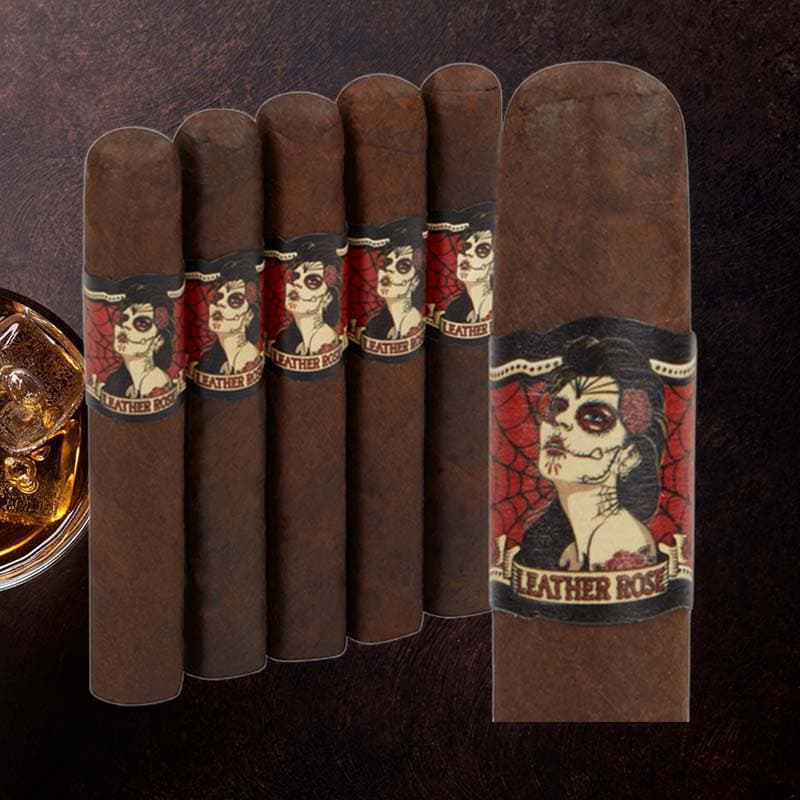What is the best butane for torch lighter
As an avid cigar enthusiast and torch lighter user, I often find myself pondering the best butane for my needs. The flame from a torch lighter is crucial for evenly lighting a cigar, and using the right butane can vastly enhance your experience. Join me as we delve into the world of butane, exploring its many facets to help you find the best option available.
What Is Lighter Butane?
Lighter butane is the fuel used in various lighters, especially torch lighters favored for their high-temperature, wind-resistant flames. This product is derived from natural gas and is often found in canisters designed for easy portability and refilling.
Characteristics of Quality Butane
- Purity: High-purity butane results in cleaner burns.
- No impurities: Impurities can cause clogging and decreased performance.
- Pressure Control: Consistent pressure ensures a steady flame.
- Clear Flame: A good butane shouldn’t leave soot; it should burn with a clear flame.
Not All Butane Is the Same
When selecting butane, I quickly realized that not all products are created equal. Variations in quality can greatly affect performance.
Understanding Butane Purity Levels
Butane purity levels are essential. For instance:
- Refined Butane: Typically 99% or higher; this is ideal for torch lighters.
- Standard Butane: May contain non-combustible impurities; prefer to avoid this for a clean burn.
- Quality Refillable Butane: Some brands are specifically designed for lighters; these are often marked with purity levels.
Best Butane for a Torch Lighter
With numerous options available, I set out to find the finest butane products specifically for torch lighters. Here are some that consistently received rave reviews.
Top Brands of Butane for Torch Lighters
- Colibri: Renowned for its high-quality purified butane.
- Xikar: Offers a range of butane products designed for optimal performance.
- Vertigo: Known for their reliable and affordable options, perfect for everyday use.
Comparison of Butane Products
Comparing butane brands offers insights into different products. Xikar, for example, boasts no clogging and superior purity levels, while Vertigo offers a more budget-friendly choice without compromising quality. Colibri often comes with additional features, like added odor to warn against leakage.
Tips for Refilling a Butane Lighter
One day, I misjudged my lighter’s butane levels and found myself in the dark! Here are some tips I’ve gathered from my experiences.
Step-by-Step Refilling Guide
- Ensure the lighter is empty by pressing the refill valve to release any leftover gas.
- Hold the butane can upright and insert the nozzle into the valve.
- Press down on the canister for about 3-5 seconds.
- Let the lighter rest for a few minutes before attempting to light it.
Common Mistakes to Avoid When Refilling
- Overfilling can lead to leaks and poor lighting.
- Filling when the lighter is hot can cause an explosion risk.
- Neglecting to purge old butane is also a common error.
Cigar Lighter Butane: Everything You Need to Know
As a cigar lover, I can’t stress enough the importance of using the correct butane for my cigar lighters.
Importance of Using the Right Butane
Using the right butane is vital for the flavor integrity of your cigar. Impure butane can create off-flavors that mar the smoking experience. Trust me, you don’t want that!
Examples of Butane Refills for Cigar Lighters
When I explore options for cigar lighter refills, the market offers a range of stellar products.
Popular Butane Refill Options on the Market
- Xikar Butane: Specifically formulated for cigar lovers.
- Blazer Butane: Well-suited for high-heat applications.
- Visol Butane: Offers a good mix of quality and affordability.
Care and Maintenance of Your Butane Lighter
Just like my prized cigars, I believe in the importance of maintaining my torch lighter properly.
How to Keep Your Lighter in Good Condition
- Clean the nozzle regularly to prevent clogs.
- Use a quality butane to avoid residue buildup.
- Store it in a cool place to prevent pressure buildup.
Signs of Poor Quality Butane
I’ve noticed signs of poor-quality butane, like inconsistent flames and soot buildup. If you experience these problems, it might be time to switch brands.
A Few Considerations to Keep in Mind
In my experience, being mindful of when to replace your butane is crucial for optimal performance.
When to Replace Your Butane
As a rule of thumb, replace your butane when your lighter exhibits performance issues, like inconsistent flame or difficulty igniting. Always keep a backup canister handy, especially before memorable occasions like cigar nights!
When You Need Expert Service and Quality Butane
If my lighter starts acting up, sometimes I know it’s best to reach out to experts.
Finding Reliable Sources for Butane
To ensure quality butane, I often look for reputable cigar shops or dedicated online retailers. They typically carry trusted brands and high-purity options that keep my lighter running smoothly.
Frequently Asked Questions
What Size Butane Canister Do I Need?
The size of the butane canister depends on how often you use it; typically, a 4oz canister works well for personal use, while larger ones are ideal for frequent users.
Why Is Purity Important for Lighter Butane?
High-purity butane burns cleaner and minimizes the risk of residue buildup, ensuring a smoother and more flavorful experience when lighting your cigars.
Which butane is best for torches?
When it comes to the best butane for torches, Xikar and Colibri are often at the top of my list due to their high purity and excellent performance.
Can you use any butane for a torch lighter?
While you might be tempted to use any butane, it’s not recommended as impurities can harm the function and longevity of your torch lighter.
What’s the best butane lighter fluid?
The best butane lighter fluid is typically one that is refined to a purity of 99% or higher, such as those offered by Xikar or Colibri.
What is the difference between a butane lighter and a torch lighter?
The main difference lies in their flame type; butane lighters produce a soft flame, while torch lighters generate a concentrated, high-temperature flame more suited for cigars.





